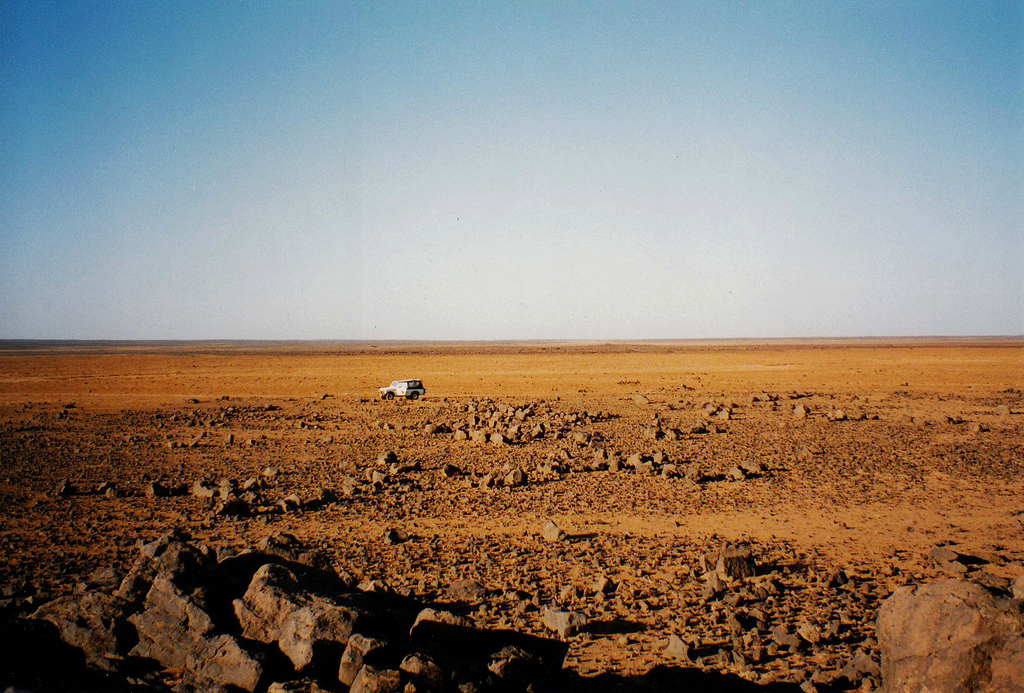Jordans ministry of energy and mineral resources (MEMR) is currently processing the tender applications for a new net metering program concerning the installation of 400 household solar PV systems in rural areas. Each system will range from 1 to 4 KW, depending on the households energy needs.
The program is funded via the ministrys Jordan Renewable Energy and Energy Efficiency Fund (JREEEF) and the deadline for tender submissions was June 30th.
The ministry is expected to announce the winner of the company that will install the systems soon, while the management of the program will be administered through Mercy Corps, an international non-governmental organization (NGO), which helps people to survive in areas affected by crises and natural disasters. Mercy Corps has previous experience in assisting remote communities in Jordan installing both standalone and grid-connected PV systems.
MEMRs program impresses for its innovative approach. “The idea is to use the funds for revolving net metering loans,” Samer Zawaydeh, a Jordan-based freelance engineering consultant, told pv magazine. “The ministry, via the Mercy Corps management, will give loans to small consumers (each with a monthly electricity consumption of less than 600 KWh) in rural communities, who will then be paying for their PV system instead of their electricity bill. Once the system is paid off, the ministry will use the money to buy another 400 systems and so on,” Zawaydeh added.
Net metering in Jordan became legal following the implementation of the Renewable Energy and Energy Efficiency Law 13 (REEEL 13), issued in 2012. Specifically in the last year, the scheme has gathered pace installing about 25 MW of PV. Jordans energy minister Ibrahim Saif recently told the local press that by the end of 2015 the countrys net metering installations will double. In June, the government legislated the Bylaw 49 concerning Jordans Renewable Energy and Energy Efficiency Fund, which is meant to boost net metering further.
“In Jordan, electricity consumers with monthly electricity consumption above 600 KWh will experience an annual increase in their monthly electricity bill. That is why the large consumers were the first to move toward installing net metering PV systems,” said Zawaydeh. “Small consumers, on the other hand, will not experience an increase in their electricity bills, nor can they afford the installation of PV systems in their homes. Therefore, the ministrys decision to fund 400 PV systems in rural communities makes sense.”
Payback period
Zawaydeh has modelled the PV system payback period for small consumers using net metering.
Assuming the cost of a 2 KW grid-connected PV system cost ranges between 1800 JD ($2,541) to 2400 JD ($3,388), and that the household saves 20.68 JD ($29.19) off its monthly electricity bill, then the payback period range is between 82 to 118 months (see graph below).
For large consumers such as universities, factories and mosques, the payback period often reduces to just two years. This is why, as pv magazine has reported, there is an ongoing surge in Jordans universities installing net metering systems.
pv magazine has furthermore learned that Al-Hussein Bin Talal University signed a memorandum of understanding (MoU) on 10th June with a coalition of two companies regarding the construction of two solar PV projects. The first project is a 3 MW net metering installation. The second project is a 50 MW solar farm planned to be built on university land. The Al-Hussein Bin Talal University is located 9 Km from the southern city of Maan and 210 Km from the capital city Amman.
Energy minister Saif told local media that Jordan aims to install 1,500 MW of renewable energy by 2020, meeting 10% of the country's energy needs. Of these, solar PV has already announced 400 MW of projects through the first and second auction rounds, a further 100 MW of independent projects (e.g. the 65 MW Quweira farm) and of course the net metering installations. It is evident that solar energy increasingly provides the answers to Jordans energy dilemmas.
This content is protected by copyright and may not be reused. If you want to cooperate with us and would like to reuse some of our content, please contact: editors@pv-magazine.com.
This website uses cookies to anonymously count visitor numbers. View our privacy policy.
The cookie settings on this website are set to "allow cookies" to give you the best browsing experience possible. If you continue to use this website without changing your cookie settings or you click "Accept" below then you are consenting to this.


4 comments
By submitting this form you agree to pv magazine using your data for the purposes of publishing your comment.
Your personal data will only be disclosed or otherwise transmitted to third parties for the purposes of spam filtering or if this is necessary for technical maintenance of the website. Any other transfer to third parties will not take place unless this is justified on the basis of applicable data protection regulations or if pv magazine is legally obliged to do so.
You may revoke this consent at any time with effect for the future, in which case your personal data will be deleted immediately. Otherwise, your data will be deleted if pv magazine has processed your request or the purpose of data storage is fulfilled.
Further information on data privacy can be found in our Data Protection Policy.